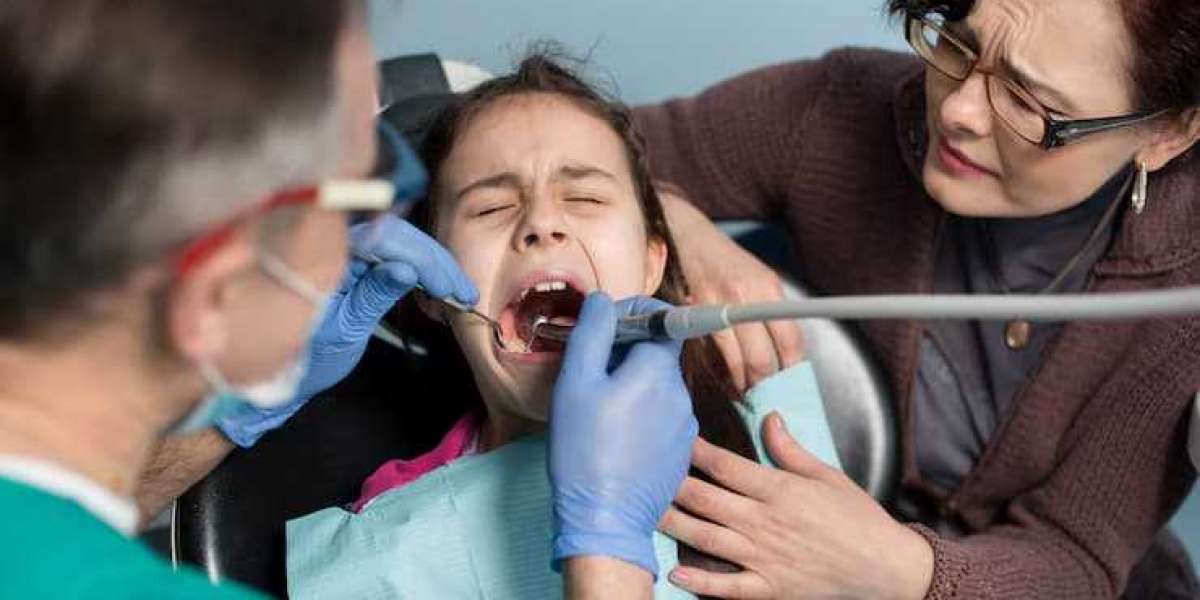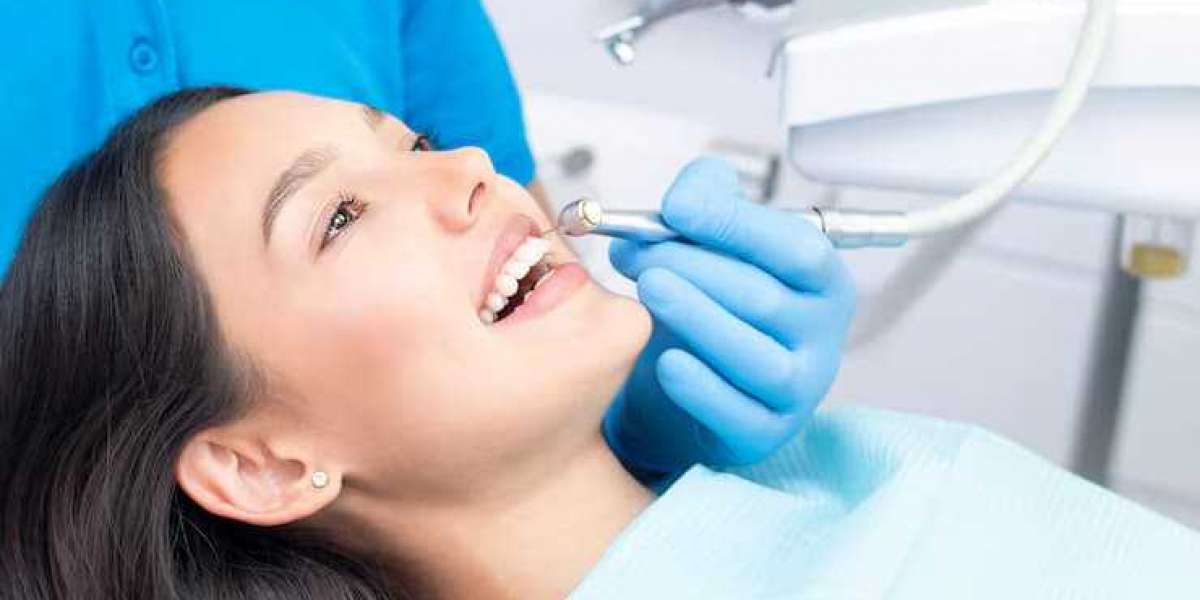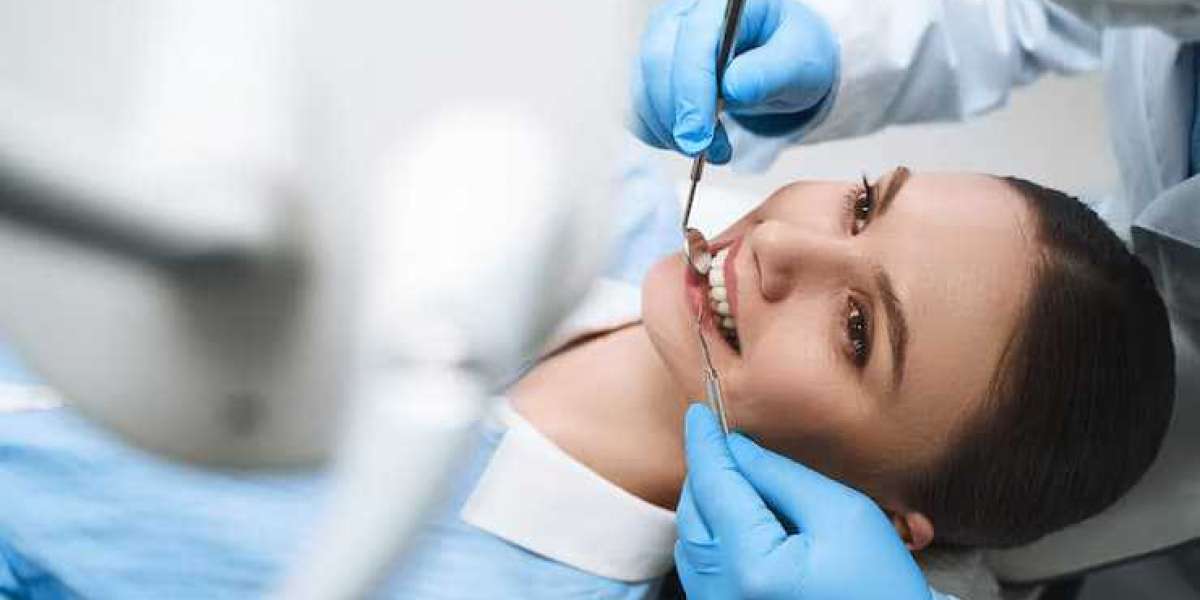Dental emergencies can happen at any time, often without warning. Whether it’s a sudden toothache, a chipped tooth, or a more severe injury, knowing how to respond can make all the difference in alleviating pain and preserving your dental health. For residents of Northbrook, understanding the steps to take during such emergencies is essential. This article aims to provide guidance on handling dental emergencies effectively while emphasizing the importance of seeking an emergency dentist in Northbrook when necessary.
Recognizing a Dental Emergency
The first step in managing a dental emergency is recognizing the signs that indicate immediate care is needed. Common dental emergencies include severe toothaches, knocked-out teeth, fractured or chipped teeth, lost fillings or crowns, and injuries to the gums or soft tissues. The intensity of pain is often a clear indicator of the urgency of the situation. For instance, a tooth that has been knocked out or one that is severely cracked typically requires prompt dental attention to ensure the best outcome.
Understanding the nature of your dental issue is crucial. For example, while a minor toothache may not seem like an emergency, if it is accompanied by swelling, fever, or bleeding, it may indicate a more serious underlying condition that needs immediate attention. On the other hand, a knocked-out tooth is a clear emergency that requires quick action to improve the chances of saving the tooth.
Immediate Steps to Take in a Dental Emergency
When faced with a dental emergency, it is essential to remain calm and take specific steps to mitigate the situation. For a knocked-out tooth, locate the tooth and hold it by the crown, avoiding touching the root. If possible, rinse it gently with water to remove any debris but do not scrub or remove any tissue fragments. If you can, place the tooth back into the socket, or keep it moist by placing it in a glass of milk or a saline solution. Time is of the essence; ideally, you should see an emergency dentist in Northbrook within 30 minutes to increase the likelihood of saving the tooth.
For a fractured or chipped tooth, rinse your mouth with warm water to clean the area, and apply a cold compress to reduce swelling. If there is bleeding, use a clean cloth or gauze to apply gentle pressure to the area until the bleeding stops. In cases of severe pain or swelling, over-the-counter pain relievers can provide temporary relief until you can see a dentist.
If you experience a lost filling or crown, try to keep the area clean and avoid chewing on that side of your mouth. You can temporarily use dental cement, available at most pharmacies, to hold the crown in place until you can see a dentist. However, it is essential to schedule an appointment as soon as possible, as these situations can lead to further complications if left untreated.
Finding an Emergency Dentist in Northbrook
Knowing where to turn for help during a dental emergency is crucial. Residents of Northbrook should familiarize themselves with local dental practices that offer emergency services. Many dentists provide after-hours or emergency care and can accommodate urgent appointments. It is helpful to have this information readily available so you can act quickly when a dental emergency arises.
When searching for an emergency dentist in Northbrook, consider factors such as proximity to your location, the services offered, and patient reviews. Reading testimonials can provide insight into other patients' experiences, offering reassurance about the quality of care you can expect. Additionally, check whether the dental practice accepts your insurance or offers flexible payment options, which can alleviate financial concerns during stressful times.
Once you have identified potential emergency dentists, it is wise to contact them in advance to inquire about their emergency protocols, office hours, and whether they accept walk-ins. This preparation can save valuable time and help ensure you receive the care you need promptly.
Preparing for a Dental Emergency
While it’s impossible to predict when a dental emergency may occur, being prepared can significantly reduce anxiety and facilitate a quicker response. One effective way to prepare is by creating a dental emergency kit. This kit can include essential items such as a small container for a knocked-out tooth, a cold pack, gauze, dental wax, and over-the-counter pain relievers. Keeping this kit in a readily accessible location can make it easier to act swiftly when emergencies arise.
Additionally, you should keep a list of emergency contacts, including your primary dentist and local emergency dental practices. Having this information on hand can help you quickly reach out for assistance when needed. It’s also beneficial to discuss emergency plans with your family, ensuring that everyone knows what to do and where to go in case of a dental crisis.
Furthermore, educating yourself and your family about common dental emergencies and their appropriate responses can empower you to act confidently and effectively. Regular dental check-ups can also help minimize the risk of emergencies by addressing potential issues before they escalate.
Post-Emergency Care
After receiving treatment for a dental emergency, it’s essential to follow your dentist's post-care instructions to ensure proper healing. This may include recommendations for pain management, dietary restrictions, or follow-up appointments. Adhering to these guidelines can prevent complications and promote recovery.
For instance, if you have had a tooth extracted, your dentist may advise you to avoid certain foods and activities for a period to allow the area to heal properly. Understanding the importance of this care can significantly impact the success of your treatment and your overall dental health.
Moreover, it’s crucial to schedule regular dental check-ups after a dental emergency. These appointments allow your dentist to monitor your oral health, address any concerns that may have arisen from the emergency, and provide preventative care to reduce the likelihood of future issues.
Conclusion
Handling dental emergencies can be a stressful experience, but knowing how to respond effectively can significantly impact your oral health and well-being. By recognizing the signs of a dental emergency, taking immediate action, and knowing where to find an emergency dentist in Northbrook, you can navigate these situations with confidence.
Preparation is key, so consider creating a dental emergency kit and familiarizing yourself with local emergency dental services. By doing so, you ensure that you are ready to act swiftly when the unexpected occurs. Remember, after addressing an emergency, follow your dentist's post-care instructions diligently to promote healing and maintain your oral health. If you find yourself in need of further assistance or have questions about aftercare, consider reaching out to Glenlake Dental Care for guidance and support. Your oral health is paramount, and taking proactive steps will ensure you maintain a healthy and beautiful smile.







